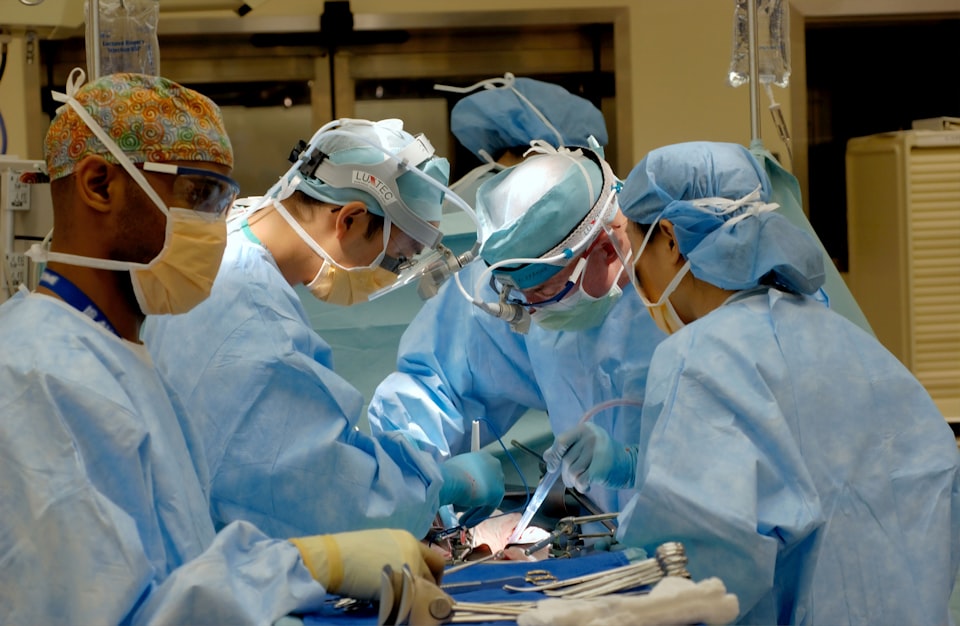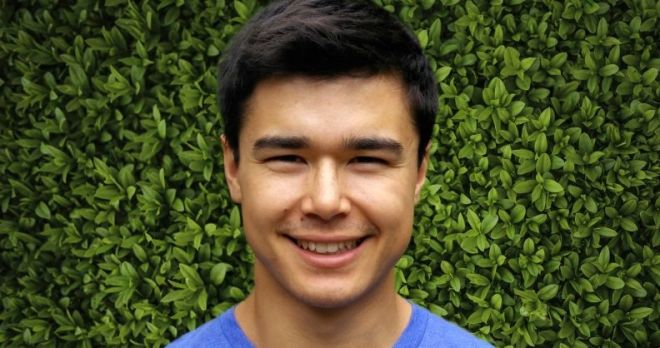How To Gain Experience In Anaesthesia As A Medical Student

Anaesthetics is a wonderful specialty that ticks all the boxes for an interesting, varied and sustainable career, but it is difficult to work these things out when we’re studying what feels like all of the books at medical school, whilst simultaneously trying to attend clinical rotations as well as attempting to have fun on the side, all at the same time.
Anaesthesia is a notoriously post-graduate specialty, with few students finding themselves receiving much experience at all prior to finishing medical school. Outside of any defined clinical blocks in anaesthesia that your medical school may organise for you, it might be that you complete your entire medical degree without a true taste of the gas life!
While anaesthetics is very physiology-heavy, we don’t count physiology lectures as anaesthesia experience, as while they are certainly useful, they are often befuddling and dry! If you do want some actually useful and engaging learning resources, check out our Anaestheasier shorts on YouTube).
Any additional experiences in anaesthesia that you can obtain during your time at medical school will not only help to inform your future career interests, but can also serve you very well when it comes to applying for competitive jobs in the future.
Our top tips for getting anaesthetic experience:
Anaesthetics Society
Most medical schools have an Anaesthetics society, which is a great first port-of-call for information and contacts, events and opportunities to get involved. They will often organise conferences, poster presentations and essay competitions for you to get involved with, as well as lots of networking opportunities.
Student selected modules
Many medical schools offer anaesthesia-related Student Selected Modules or Components (SSMs/SSCs). Not only are these great fun and provide a useful introduction to anaesthesia, they also look great on applications and add flavour to interviews when it comes to applying for specialty training in the future.
When I was a medical student I signed up for modules in ‘Diving Medicine’ and ‘The Surgical Airway’. I didn’t really know what I was getting myself in to at the time, but these turned out to be of great value and went on to herald an interest in anaesthetics. In the former, I bent the SSC title to focus more specificially on hyperbaric oxygen therapy for traumatic brain injury, whilst simultaneously learning a lot about gas laws, pressure and the bad things that happen after arterial gas embolisms.
In the latter SSC, the Guy’s Hospital Anaesthetics department taught us about every airway device known to man, front of neck access, and finished the course with a full written and practical viva!
Intercalated degrees
This is quite a hard-core commitment to the specialty, but if you know that you’re keen on anaesthesia then an intercalated degree in a related subject can be a goldmine for opportunities, contacts and extra information.
OK, this is likely to be in Physiology, but you could also make other stretch – detailed anatomical knowledge learned in an Anatomy BSc. is useful for nerve blocks, while if you were to do an Imaging/Radiology oriented degree, keep in mind that ultrasound is a ubiquitous tool for placing venous access devices or for performing FAST scans.
I did my BSc. in Physiology at King’s College London and it was great!
The main highlight of the the course at my university was ‘*Extreme Physiology’. It was what it says on the tin, with lectures about hypobaric medicine at altitude, hyperbaric medicine under the sea, microgravity in space, thermal considerations in the Marathon des Sables or on the British Research Survey in the Antarctica. We also got to go into human centrifuges, while my personal highlight was to pedal on an exercise bike in a sauna with a rather intimately placed thermometer…
The dissertation portion of the degree provided an opportunity to gain experience in a research group that studied the effects of different inspiratory volumes upon the breathing of prematurely born infants – big ventilators providing tiny breaths to tiny lungs.
Electives
A 6 week elective (when Covid permits) is a fantastic opportunity to spend time discovering what you might want to do in medicine.
You’ll meet loads of trainee anaesthetists and can ask lots of questions (which is great, read our blog on Taster Weeks) and see lots of stuff (especially if you go to a big hospital or a trauma centre), which after all, is the experience you need to really decide whether Anaesthesia is the career for you.
I did my elective in Australia. Aside from wrestling wallabees, of my favourite parts was when we all went to visit ‘Mrs Brown’, permanently residing on the 5th floor in the staff coffee shop. A flat white, please.
Make sure to get your elective signed off by your supervisor, and remember to keep the documentation!! All of these seemingly trivial crumpled bits of medical school papers will come in useful someday, I promise.
Useful websites to check out:
- The Royal College of Anaesthetists website has great information about student societies
- The Association of Anaesthetists has a student-rate membership
- Check out this article on becoming an anaesthetist
There we have it! Some tips for getting your anaesthetic career well under way even before you’ve graduated. Check out our other blogs, vlogs, and learning resources on Anaestheasier.com.
Dr Rory Heath
Anaesthetics Core Trainee
